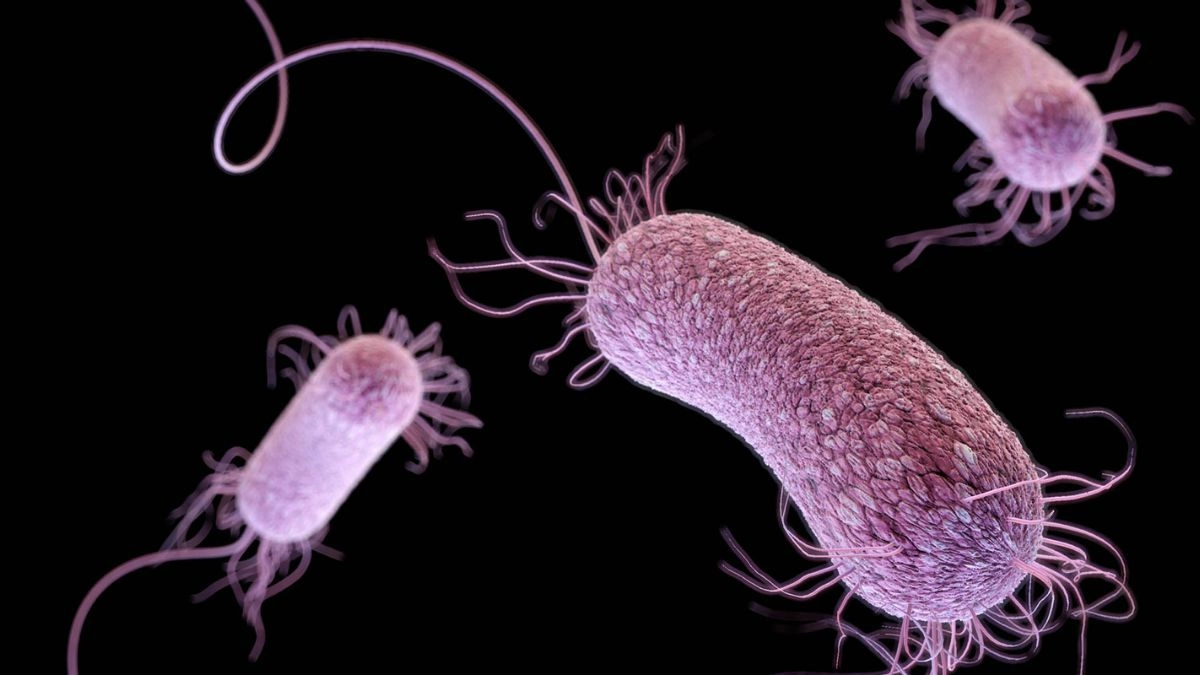- By Nidhi Giri
- Mon, 14 Oct 2024 07:05 PM (IST)
- Source:JND
Murine Typhus In Kerala: An elderly man from Kerala was diagnosed with a rare bacterial disease called Murine Typhus on Friday, October 11. The 75-year-old man had travelled to Vietnam and Cambodia in the recent past. Upon his return from the trip, the man experienced severe body pain and fatigue, following which he sought medical attention. Examining the symptoms, the doctor ordered tests for rat-induced and flea-borne diseases. Although the test results were inconclusive, it was found that his liver and kidney functions were deteriorating, as reported by The Indian Express.
The Kerala patient was diagnosed using Next Generation Sequencing (NGS) technology, which uses microbial DNA for identification. Further tests were conducted at CMC Vellore for confirmation.
Considering his travel history, the doctors suspected that he could have Murine Typhus, which would be the first diagnosed case in the area.
What is Murine Typhus?
Murine typhus is a rare infectious bacterial disease, recently found in a Kerala man. It is usually caused by the flea-borne bacteria Rickettsia typhi and is transmitted when an infected flea bites a human.
The disease is also known as endemic typhus, flea-borne typhus, or flea-borne spotted fever. Rats, mice, and mongoose are known to be reservoirs of this disease.
In some cases, the disease-carrying flea is also found in pets such as cats and dogs. Once a flea is infected, it can spread the disease for the rest of its life.
How does murine typhus spread?
The disease spreads when infected flea feces come into contact with cuts or scrapes in the skin. The Murine typhus is not spread from one person to another, or from person to fleas. In India, such rare bacterial infections have been reported in the Northeast, Madhya Pradesh, and Kashmir.
READ MORE: What Is THAAD, Powerful US Anti-Missile Battery Deployed In Israel After Strikes By Iran
Symptoms Of Murine Typhus
The symptoms, which mostly appear from seven to 14 days after exposure and include:
- Fever
- Headache
- Body ache
- Joint pains
- Nausea
- Vomiting
- Stomach aches
- Skin rashes
The illness often lasts longer than two weeks but may last for months with complications if not treated.
Treatment For Murine Typhus
As far as the treatment goes, presently there is no vaccine against the disease but there are antibiotics like doxycycline used as a vital medication for the treatment of Murine Typhus.
Without timely treatment, the disease could turn severe in one or two weeks and become fatal in rare cases.
How Can Murine Typhus Be Prevented?
Households with pets should ensure that fleas are kept off them through regular washing and awareness about the signs of fleas. Flea treatment should be done if needed.

